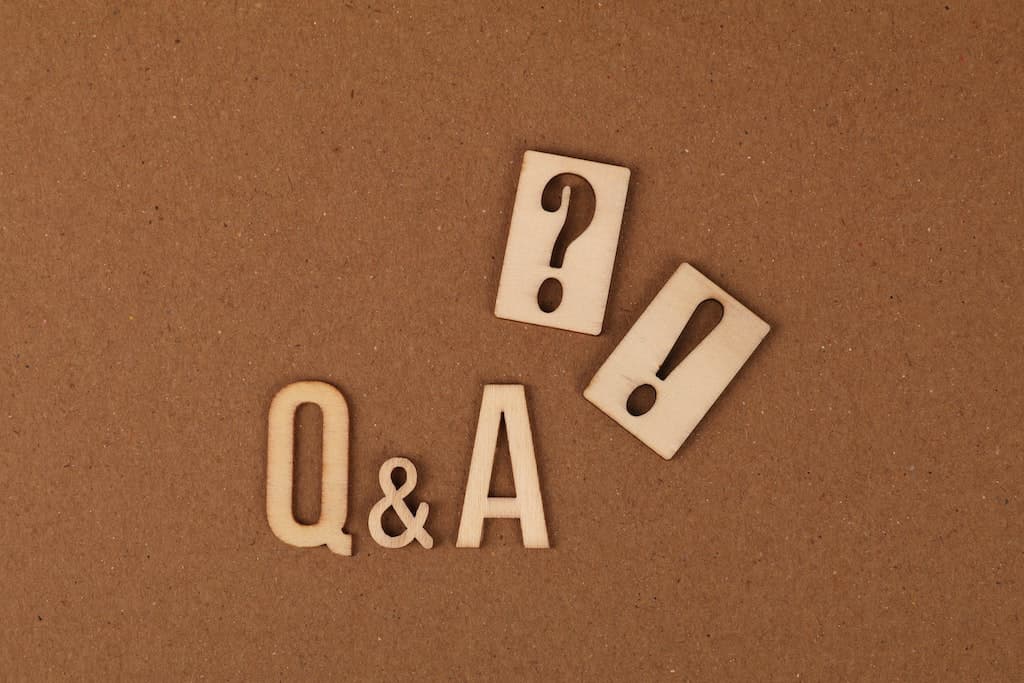Press PLAY to listen to this post.
Growing up is hard to do. With social media, gun violence, lingering pandemic effects and climate crisis, more children are struggling with everyday pressures than ever before.
"The challenges today's generation of young people face are unprecedented and uniquely hard to navigate," Dr. Vivek H. Murthy said in his 2021 warning, calling it both a moral and medical obligation to respond and provide resources for children and families.
We’re in a crisis of care with a record number of kids needing access to mental health professionals. Here are their answers to five top questions about the youth mental health crisis.
1. What’s driving the mental health crisis? A “melting pot” of different factors has been building for years, and was exacerbated by the coronavirus pandemic. Add racism and discrimination, adverse childhood experiences, community and gun violence, and worries about climate change and the opioid epidemic, it's a lot of ongoing stress for a lot of kids.
2. What are the solutions? The most promising solutions are to start building mental health resilience from a young age -- in primary schools, pediatricians' offices and within families. Universal programs that include social-emotional education as part of the curriculum and making sure the school is a safe, supportive place for kids.
3. What role does social media play? A big one. There’s a lot to it like comparison and doom scrolling, but put simply: "The way teenagers cope is with video games, surfing the internet, going online, and increased screen time has been linked to social isolation and depression,” Dr. Patricia Ibeziako, a psychiatrist at Boston Children's Hospital, said. "So their coping mechanism is making them worse.”
4. What role do celebrities play? Raising awareness to mental health and reducing stigma. This calls for authentic and courageous leadership. They can change the culture to build mental health literacy and trust.
5. What do parents do if they are worried? Talk and listen to your kids and monitor their behavior. Keep an open dialogue and consult your pediatrician if you are not sure how to handle a situation. Practice and teach them healthy coping strategies to manage stress.
Yoga to the rescue — because the High 5 Habits of mindfulness, meditation, movement, mantras and mindset magic works! I’ll show you how. There’s no better way to build confidence and resilience than on your yoga mat.

